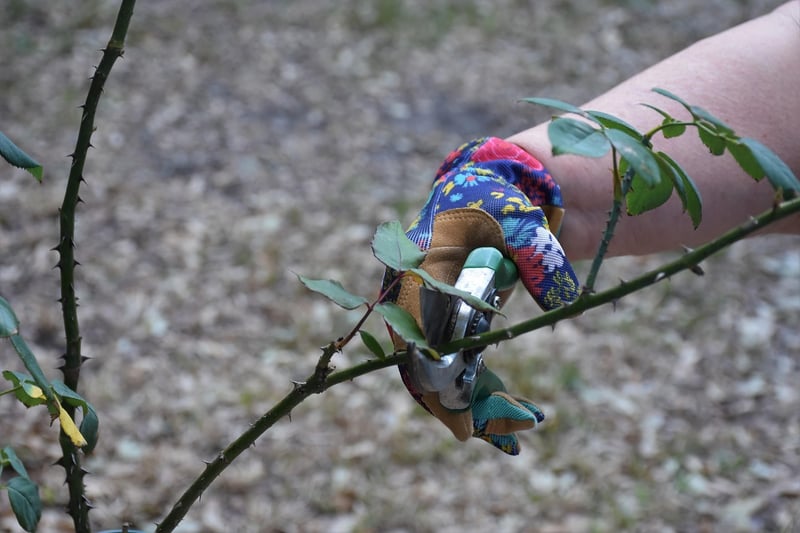Pruning and trimming guidance
Caring for Your Vertical Garden
Tips and Guidance for Pruning and Trimming
Vertical gardens are a fantastic way to bring greenery into your living space, whether you have a small balcony or a large backyard. To ensure your vertical garden thrives, it's essential to provide proper care and maintenance. One crucial aspect of caring for your vertical garden is pruning and trimming. Here are some tips and guidance to help you keep your vertical garden healthy and vibrant.
1. Regular Inspection
Make it a habit to regularly inspect your vertical garden for any signs of overgrowth, pests, or diseases. Early detection can help prevent issues from spreading and damaging your plants.
2. Pruning Techniques
When pruning your vertical garden, use clean and sharp tools to make precise cuts. Remove dead or yellowing leaves, overgrown branches, and any damaged parts of the plant. This will encourage new growth and improve the overall appearance of your garden.
3. Timing is Key
Prune your plants at the right time to avoid stressing them. Different plants may require pruning at specific times of the year, so be sure to research the optimal pruning schedule for each plant in your vertical garden.
4. Training Vines
If your vertical garden includes climbing plants or vines, make sure to train them to grow in the desired direction. Use trellises or support structures to guide the growth of these plants and prevent them from becoming tangled or overcrowded.
5. Proper Disposal
After pruning and trimming, dispose of the plant material properly. Composting is an eco-friendly way to recycle organic matter and enrich your garden's soil.
6. Monitor Growth
Keep an eye on the growth patterns of your plants after pruning. Monitor how they respond to the trimming and adjust your care routine accordingly to promote healthy growth.
By following these tips and guidance for pruning and trimming your vertical garden, you can help maintain its beauty and health for years to come. Remember that each plant may have specific care requirements, so it's essential to research individual species to provide tailored care.

Happy gardening!
